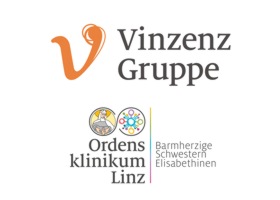Altered fractionation short-course radiotherapy for stage II-III rectal cancer: a retrospective studyTools Geinitz, Hans, Nieder, Carsten, Kocik, Lukas, Track, Christine, Feichtinger, Johann, Weingartner, Theresa, Spiegl, Kurt, Füreder-Kitzmüller, Barbara, Kaufmann, Johanna, Seewald, Dietmar H., Függer, Reinhold, Shamiyeh, Andreas, Petzer, Andreas L., Kiesl, David und Hammer, Josef (2020) Altered fractionation short-course radiotherapy for stage II-III rectal cancer: a retrospective study. Radiation Oncology, 15 (1). ISSN 1748-717X s13014-020-01566-8 - Published Version Available under Lizenz Creative Commons Attribution. Download (1MB)
Offizielle URL: https://doi.org/10.1186/s13014-020-01566-8
KurzfassungPurpose
To report the long-term outcomes of neoadjuvant altered fractionation short-course radiotherapy in 271 consecutive patients with stage II-III rectal cancer.
Patients and Methods: This was a retrospective single institution study with median follow-up of 101 months (8.4 years). Patients who were alive at the time of analysis in 2018 were contacted to obtain functional outcome data (phone interview). Radiotherapy consisted of 25 Gy in 10 fractions of 2.5 Gy administered twice daily. Median time interval to surgery was 5 days.
Results
Local relapse was observed in 12 patients (4.4%) after a median of 28 months. Overall survival after 5 and 10 years was 73 and 55.5%, respectively (corresponding disease-free survival 65.5 and 51%). Of all patients without permanent stoma, 79% reported no low anterior resection syndrome (LARS; 0–20 points), 9% reported LARS with 21–29 points and 12% serious LARS (30–42 points).
Conclusion
The present radiotherapy regimen was feasible and resulted in low rates of local relapse. Most patients reported good functional outcomes.
Actions (login required) |
||||||||||||||
|


 Tools
Tools Tools
Tools